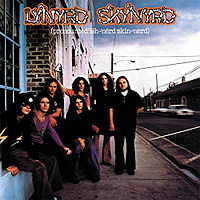The SIMPLE Plan is a type of retirement account for small businesses that is simpler (ah hah!) to administer and more portable than the 401(k) plans that are more appropriate for larger businesses. SIMPLE is an acronym (probably a backronym, more likely) which stands for Savings Incentive Match PLan for Employees.

Photo by Thomas Hill
A SIMPLE typically is based on an IRA-type account but could be based on a 401(k) plan. What we’ll cover here is the IRA-type of SIMPLE plan. The difference (with the 401(k)-type) is that there are more restrictions on employer activities, and less room for error (as can be the case with 401(k) plans).
A SIMPLE Kind of Plan
Much like a regular 401(k) plan, a SIMPLE Plan is an agreement between the employer and employee where the employee agrees to a salary deferral. This deferral effectively reduces the employee’s taxable take-home pay, and the employer then contributes the deferred amount into the SIMPLE IRA account on behalf of the employee. These contributions must be made to a SIMPLE IRA account, not a Traditional IRA.
To be eligible for a SIMPLE Plan, the employee must have received at least $5,000 in compensation during any two years (need not be consecutive) prior to the current tax year, and can reasonably expect to receive at least $5,000 in compensation in the current tax year (calendar year). For the purposes of the SIMPLE Plan, a self-employed individual would be considered an employee if she received earned income as described (at least $5,000).
Also, certain classes of employees can be excluded from participation, such as union members subject to collective bargaining, or nonresident aliens who have received no compensation from US sources. The employer can have no more than 100 employees who are in the class that are allowed to participate in the SIMPLE plan.
No eligible employee may “opt out” of participation – however, eligible employees are not required to defer salary into the plan. This just means that they would have no deferral contributions or company matching contributions to the plan while they choose not to defer. Nonelective contributions by the employer would still be added to the account, regardless of whether the eligible employee defers salary for that year.













Leave A Comment